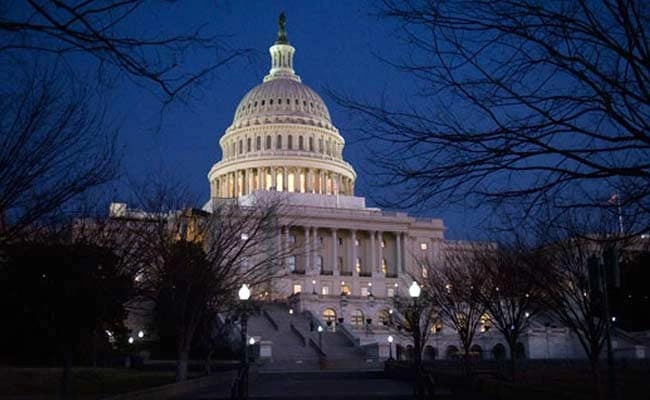The United States Senate is preparing to commence voting on what has been dubbed former President Donald Trump’s flagship legislative proposal, commonly referred to as the “Big Beautiful Bill.” This bill has been a significant part of Trump’s agenda, aiming to implement a range of policies that reflect his vision for the nation. Supporters of the bill argue that it encapsulates essential elements of economic growth, infrastructure improvement, and regulatory reform, all of which they believe are vital for revitalizing the American economy. The measure has garnered attention not only for its ambitious scope but also for its potential implications on various sectors, from construction to technology.
As the Senate gears up for the voting process, the atmosphere is charged with anticipation and debate. Proponents are optimistic about the bill’s prospects, pointing to the positive effects it could have on job creation and economic expansion. They emphasize that the proposed investments in infrastructure could lead to significant improvements in public services and transportation networks, which are crucial for long-term growth. Conversely, opponents of the bill express concern over its funding mechanisms and potential impact on the federal budget. They argue that the legislation could exacerbate the national debt or lead to cuts in essential social programs, raising questions about fiscal responsibility.
The debate surrounding the “Big Beautiful Bill” highlights the broader ideological divides within Congress, with Republicans largely supporting the initiative and Democrats voicing strong opposition. This division reflects not only differing economic philosophies but also varying priorities regarding how best to address the needs of American citizens. As the Senate prepares to cast its votes, the outcome of this legislation could have far-reaching consequences, shaping the legislative landscape for years to come. Observers are keenly watching, as the bill’s passage or failure will likely influence future political dynamics and the direction of national policy in the coming months. With both sides gearing up for a critical showdown, the discussions in the Senate are more than just about a single bill; they encapsulate the ongoing struggle over the future of American governance and economic strategy.




